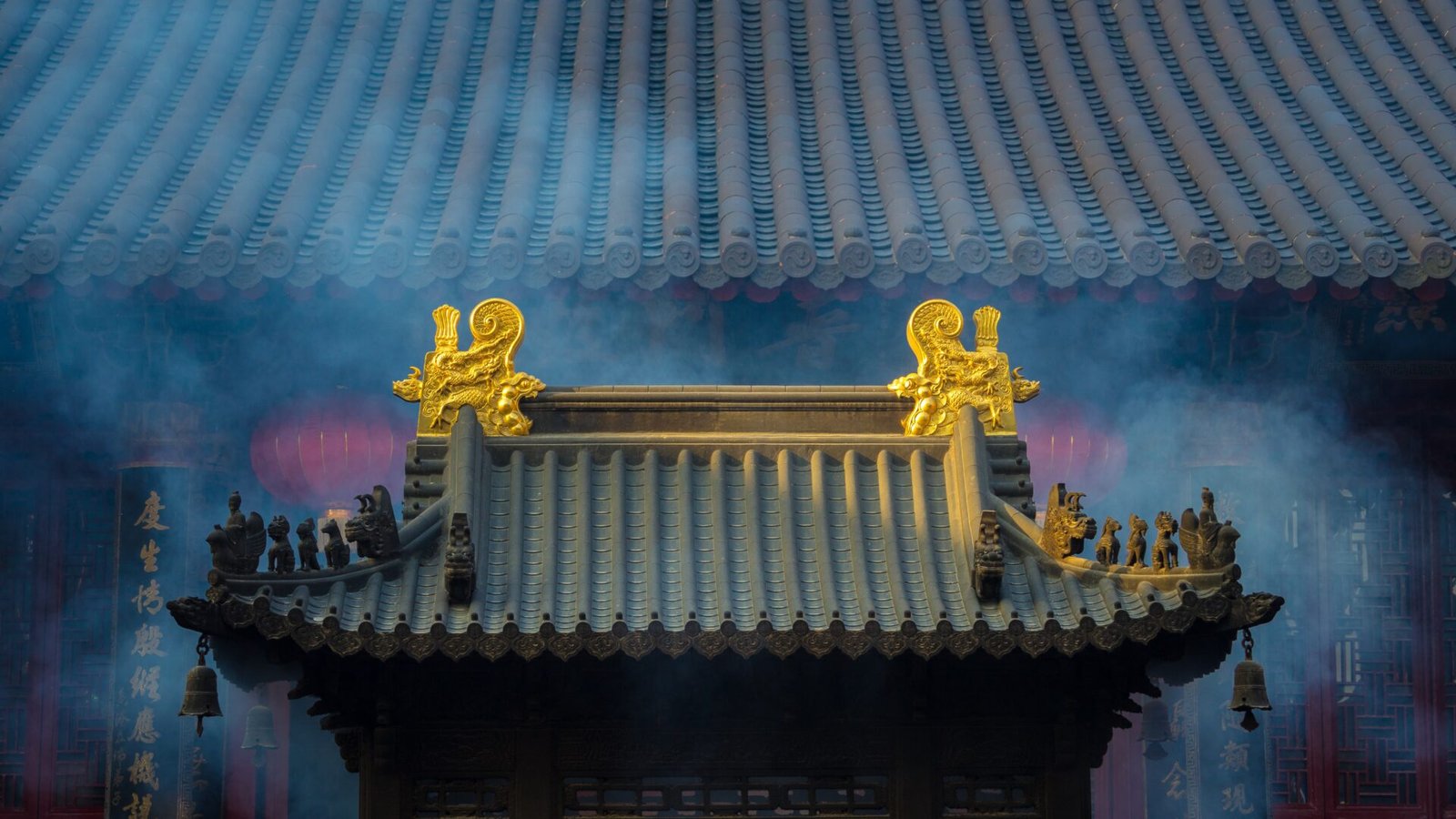In a strategic move towards enhancing diplomatic ties, China has put on a grand display for the descendants of an American World War II general. As official relations between the world’s two largest economies face challenges, Beijing is placing emphasis on fostering personal relationships and historical commemorations as bridges of understanding.
Recently, Yuan Jiajun, a prominent member of China’s Communist Party and the party chief for Chongqing, hosted family members of General Joseph Stilwell in the southwestern city. Stilwell, stationed in Chongqing during the war, had formed a robust partnership with Chinese leaders, offering his expertise in the fight against Japanese forces. Among the attendees were Susan Cole and Nancy Millward, the general’s great-granddaughters.
The historical and symbolic significance of the occasion was evident in Yuan’s remarks. As reported by Chongqing Daily, Yuan saw this gathering as an opportunity to “better promote people-to-people exchanges between China and the United States” and to further the development of their bilateral relationship.
The Stilwell family’s visits to China aren’t new. However, the recent attention and magnitude of the celebrations were unparalleled. This is attributed to the fact that Yuan is an influential figure within China’s political arena. As one of the 24 members of the Politburo, which forms the party’s core leadership, Yuan’s participation underscores Beijing’s current diplomatic strategy — emphasizing informal interactions with the U.S.
While there has been a slight uptick in high-level communications between China and the U.S., the relationship remains tenuous. China, in response, is adopting a novel approach. By hosting American dignitaries and notable public figures, Beijing hopes to lay a foundation for warmer ties.
This trend became evident when, in June, President Xi Jinping of China conversed with Bill Gates, the tech billionaire, philanthropist, and founder of Microsoft. Xi referred to Gates as his “American friend,” emphasizing that the cornerstone of China-U.S. relations is its people. Just days after this interaction, Xi met with U.S. Secretary of State Antony Blinken, marking a continued effort from both sides to facilitate dialogue.
In the following month, Xi Jinping had an audience with Henry Kissinger, the former U.S. Secretary of State. Their conversation echoed sentiments of deep appreciation for long-standing relationships. Xi expressed gratitude for their enduring friendship, adding that he hoped individuals like Kissinger would play pivotal roles in mending the Sino-U.S. relationship.
General Stilwell’s legacy serves as an emblem of the historical collaboration between China and the U.S. Acknowledging this, Yuan praised Stilwell as “an old and good friend of the Chinese people,” emphasizing that his contributions would never be forgotten. A testament to Stilwell’s influence in China is the establishment of a museum in Chongqing dedicated exclusively to him – a unique honor for a U.S. military figure.
Commemorating the 140th birth anniversary of General Stilwell, a series of events took place, including the planting of a “friendship tree” at the Stilwell museum. This symbolic act saw Cole and Millward joining hands with Liu Ning and Liu Yinna, the descendants of Zhu De, the founder of the precursor to the People’s Liberation Army. Their collective efforts reinforced the shared history and mutual respect between the two nations.
Zhu De had, in the past, expressed profound respect for General Stilwell. When Stilwell passed away in 1946, Zhu mourned the loss, stating that the general’s demise was not just America’s loss but also a great loss for the Chinese people.
Further bolstering the occasion’s significance was a seminar attended by over 150 individuals, encompassing representatives from China’s foreign ministry and the U.S. embassy in Beijing.
China, in recent years, has repeatedly leveraged historical events to strengthen diplomatic ties. Last April, China’s then envoy to the U.S., Qin Gang, commemorated the 80th anniversary of the Flying Tigers. This group, comprising American pilots, assisted China in its conflict against Japanese forces during WWII. In an affectionate gesture, Qin donned a Flying Tigers jacket gifted by U.S. veterans.
Highlighting the importance of understanding shared histories, Nicholas Burns, the U.S. Ambassador to China, visited both the Stilwell museum and another dedicated to the Flying Tigers during his May trip to Chongqing.
In essence, as global dynamics evolve, it’s apparent that both China and the U.S. recognize the value of personal exchanges and shared histories in nurturing diplomatic ties. Whether it’s commemorating shared war heroes, hosting billionaires, or fostering discussions between diplomats, these interactions offer hope for a more collaborative future.
Read More:
